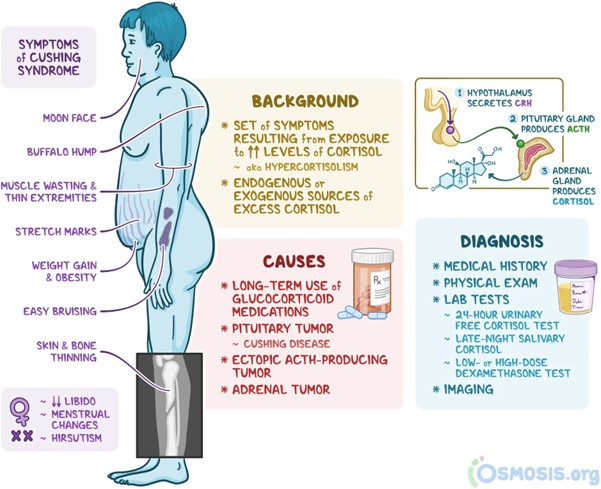The nurse is teaching a client with chronic renal failure (CRF) about the use of recombinant human erythropoietin (Epogen) Subcutaneous injections. Which statement indicates the client understands the teaching?
"The red blood cell count should begin to improve with these injections
"My Cr and BUN will slowly improve over the next 7-10 days.
I will not have to take Furosemide any longer.
Urine output should improve with these injections.
The Correct Answer is A
Recombinant human erythropoietin is a medication commonly used in the treatment of anemia associated with chronic renal failure. It stimulates the production of red blood cells in the bone marrow, helping to improve anemia.
The other statements mentioned do not accurately reflect the expected outcomes or effects of recombinant human erythropoietin:
Chronic renal failure leads to impaired kidney function, and while recombinant human erythropoietin can help address anemia, it does not directly improve creatinine (Cr) and blood urea nitrogen (BUN) levels, which are markers of kidney function.
Furosemide is a diuretic commonly used in the management of fluid retention in renal failure. Recombinant human erythropoietin does not replace or eliminate the need for diuretic therapy.
Chronic renal failure typically involves decreased kidney function and impaired urine production. Recombinant human erythropoietin does not directly affect urine output.
Nursing Test Bank
Naxlex Comprehensive Predictor Exams
Related Questions
Correct Answer is B
Explanation
A likely cause of a low sodium level (hyponatremia) of 128 mEq/L is the administration of hypotonic IV fluids. Hypotonic IV fluids have a lower concentration of solutes compared to the body's fluids, which can lead to dilutional hyponatremia. When these fluids are administered, they can cause water to move into the cells, diluting the sodium concentration in the bloodstream.
Correct Answer is B
Explanation
Cushing's syndrome is a disorder characterized by excessive production or prolonged exposure to high levels of glucocorticoids, particularly cortisol. This can occur due to various reasons, such as the use of corticosteroid medications or overproduction of cortisol by the adrenal glands. Elevated glucocorticoid levels result in a variety of clinical manifestations associated with Cushing's syndrome, including weight gain, central obesity, muscle wasting, thinning of the skin, easy bruising, and impaired glucose metabolism.
It's important to note that Cushing's syndrome can have different underlying causes, such as adrenal tumors, pituitary tumors, or ectopic ACTH production. Regardless of the cause, the common feature in Cushing's syndrome is the excessive glucocorticoid levels, which contribute to the signs and symptoms of the condition.

Whether you are a student looking to ace your exams or a practicing nurse seeking to enhance your expertise , our nursing education contents will empower you with the confidence and competence to make a difference in the lives of patients and become a respected leader in the healthcare field.
Visit Naxlex, invest in your future and unlock endless possibilities with our unparalleled nursing education contents today
Report Wrong Answer on the Current Question
Do you disagree with the answer? If yes, what is your expected answer? Explain.
Kindly be descriptive with the issue you are facing.
